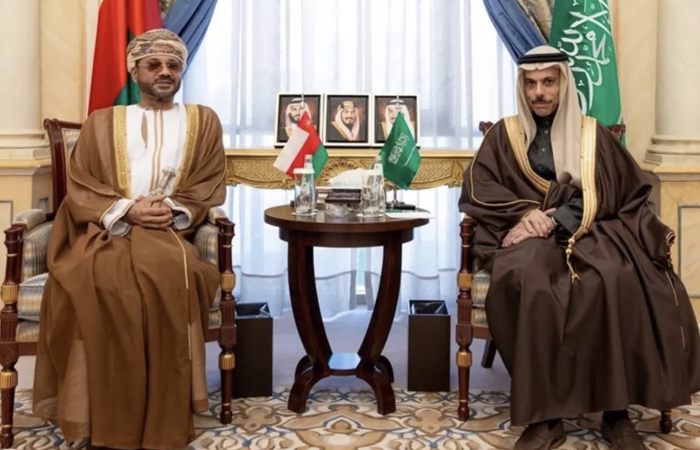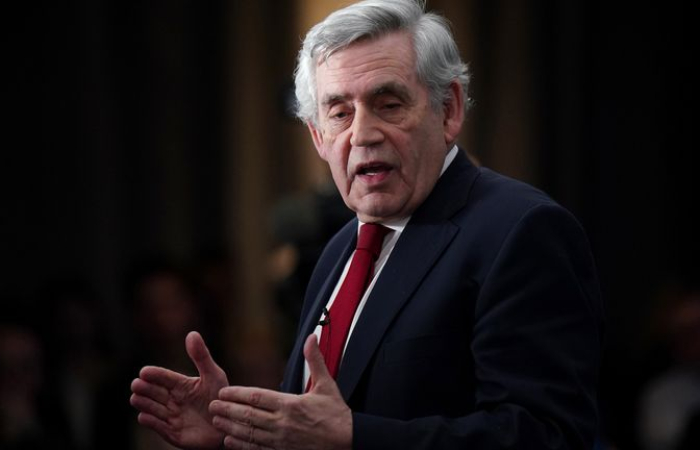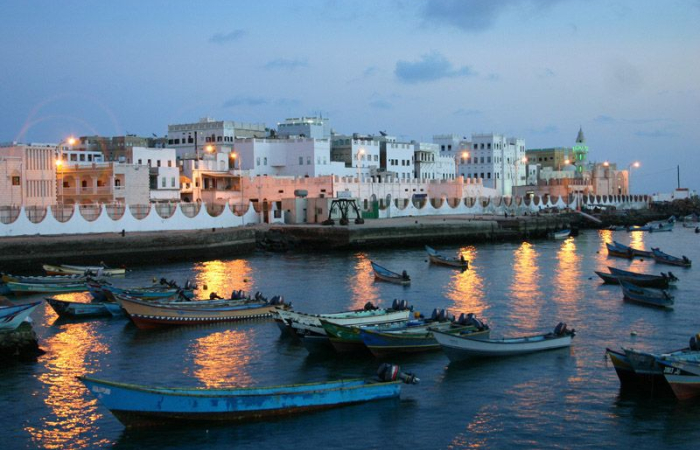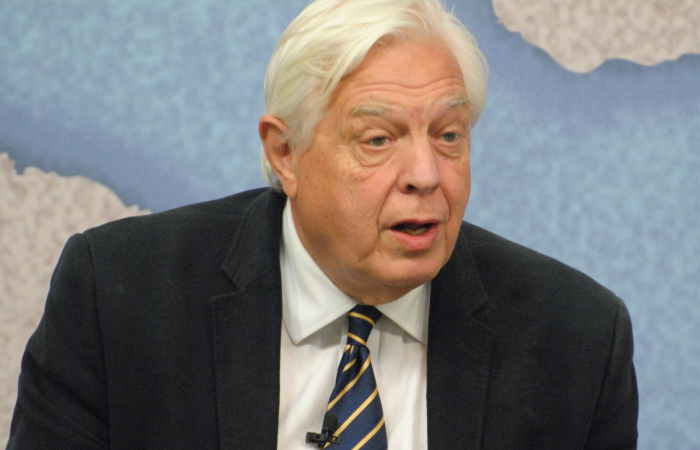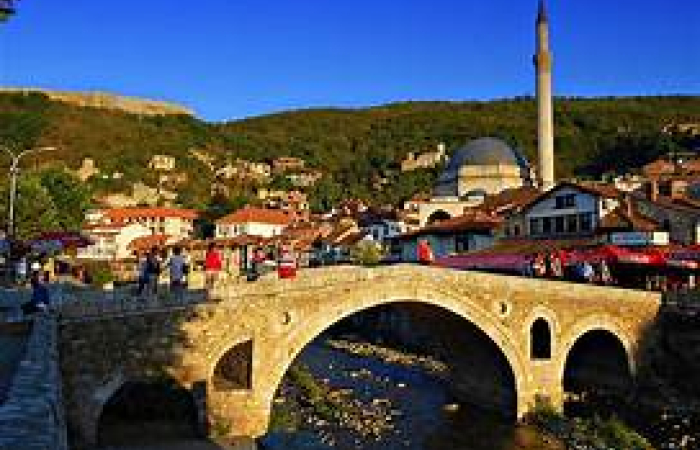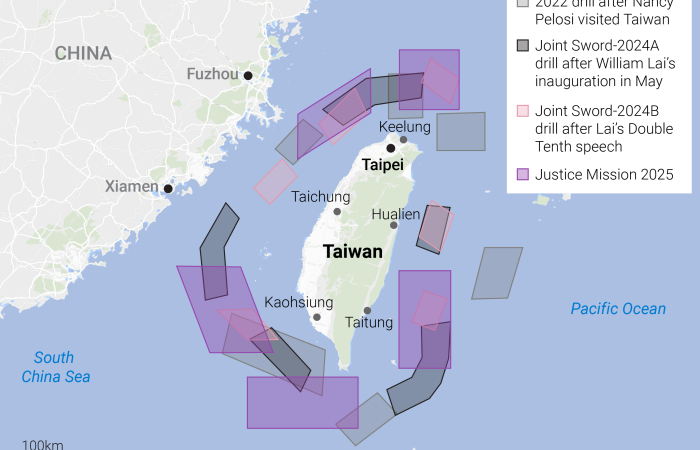Trending
Gulf countries edgy after very rare and very public spat between Saudi Arabia and UAE
2 January 2026
The very public, and very rare, spat between Saudi Arabia and the United Arab Emirates, which saw Saudi planes bombarding cargo in Mukalla in Southern Yemen, which had just been unloaded from two ships that arrived from the UAE port of Fujeirah, has caused concern among the four other GCC countries, and other neighbours in the region.
Omani Foreign Minister Badr Al Busaidi visited Riyadh on Wednesday for talks with Saudi Foreign Minister Prince Faisal bin Farhan on the developments in Yemen, which have raised concern across the region.
Oman's Foreign Ministry said the meeting between the ministers “addressed efforts to contain the escalation of violence and ways to support the political process aimed at addressing the root causes of the crisis”.
Tension has risen in recent weeks after the military takeover of Mahra and Hadhramaut, which share a 700km border with Saudi Arabia, by the Southern Transitional Council. The STC is the largest faction within the forces of the ruling Presidential Leadership Council, led by Rashad al Alimi.
In Riyadh, Mr Al Busaidi and Prince Faisal discussed “achieving a comprehensive and sustainable settlement that preserves the sovereignty of the Republic of Yemen over its security and stability, while also taking into account the aspirations of its people and the higher national security interests of neighbouring countries and the rest of the region”, Oman's Foreign Ministry said.
Oman has played a vital mediation role in Yemen since Houthi rebels seized the capital, Sanaa, in 2014, forcing the government to flee south. A Saudi-led coalition, including the UAE, intervened at the request of the government to counter the Houthis, who control most of the north.
On Monday ( 28 December) the UAE announced that it was heeding calls by Mr Alimi, backed by Saudi statements, which called for the withdrawal of UAE forces from Yemen. This in turn raised concerns about internationally backed efforts to counter terror groups there.
Gulf countries have called for calm and restraint following the escalation in recent days. GCC members, Bahrain, Qatar, Oman and Kuwait said they were monitoring the situation closely, highlighting the important role played in the past by Saudi Arabia and UAE supporting “stability and security” in Yemen.
Bahrain expressed its “confidence in the leadership of the kingdom of Saudi Arabia and the United Arab Emirates and their ability to contain any differences in viewpoints within the framework of a unified Gulf”.
Qatar and Kuwait commended statements issued by the UAE and Saudi Arabia, which reflected “a commitment to prioritising the interests of the region, strengthening the principles of good neighbourliness and adhering to the foundations and principles upon which the GCC Charter is based”, Qatar's Foreign Ministry said.
(click picture to read the article in full).



